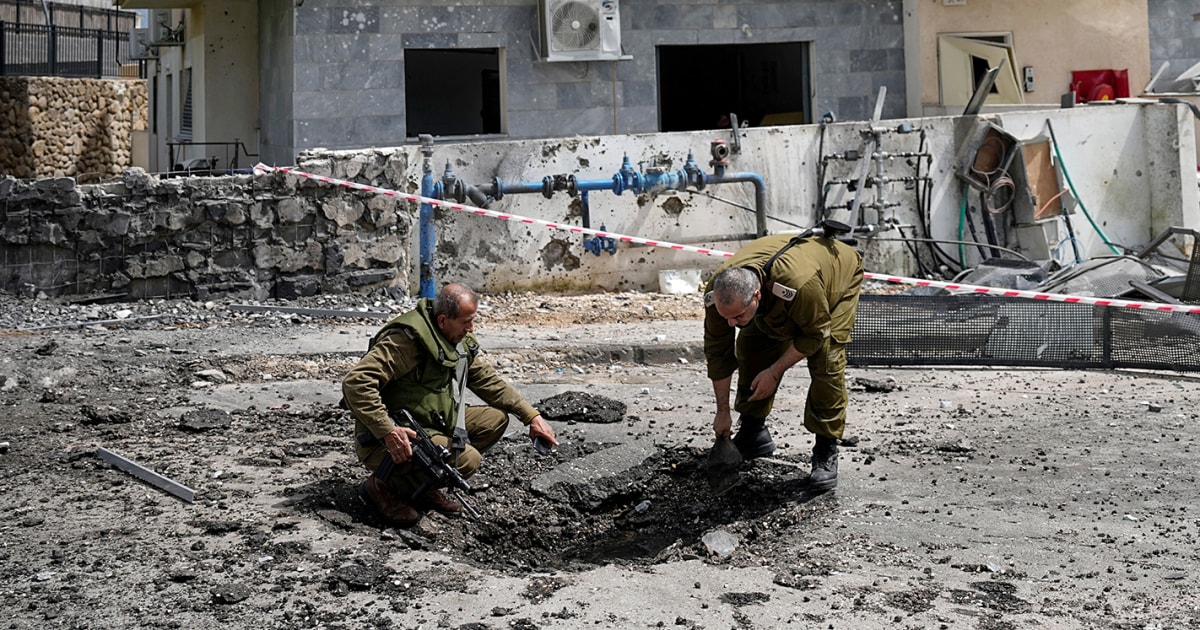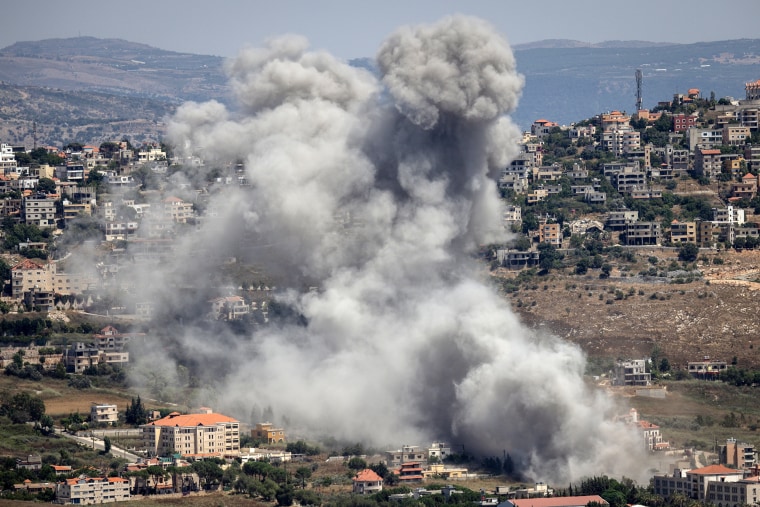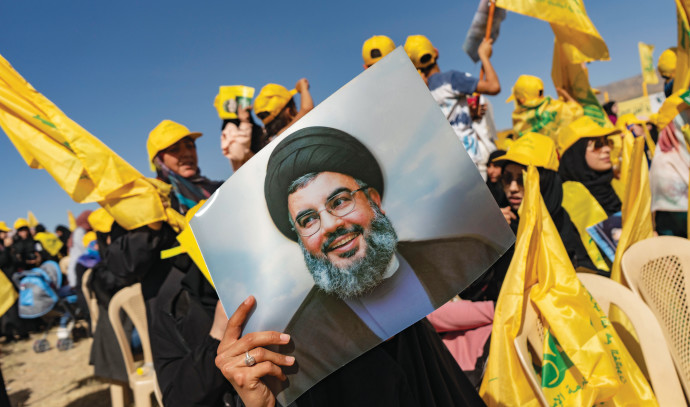
Tensions between Israel and Hezbollah have been escalating in recent weeks, leading to concerns of a potential war. The U.S., with its military assets in the Mediterranean, is preparing for various missions including Military Assisted Departure to evacuate American citizens if necessary.
According to reports, Israeli forces have been engaging in clashes with Hezbollah along the border between Israel and Lebanon, resulting in parts of south Lebanon being reduced to rubble due to Israeli bombs. Tens of thousands of residents have been driven from their homes on both sides.
Israeli officials are discussing the prospects of a potential war with Hezbollah, but experts believe that both sides understand that a destructive war would not fundamentally change the situation or yield significant achievements. Prime Minister Netanyahu has stated that there should be no rush for a diplomatic agreement with Hezbollah due to interdependence with the situation in Gaza.
The U.S. military presence in the Mediterranean, including USS Wasp and Marines from the 24th Expeditionary Unit, is intended for deterrence purposes and to promote regional stability. The goal of these military assets is not necessarily to evacuate American citizens but rather to serve as a deterrent against a broader regional conflict.
Hezbollah, which is backed by Iran, has an estimated arsenal of at least 150,000 missiles and rockets. Israeli officials have been surprised by the sophistication of Hezbollah's attacks on Israeli surveillance outposts, drones, Iron Dome batteries and anti-drone defenses. Hezbollah can field between 40,000 and 50,000 fighters with combat experience from fighting alongside regime forces in the Syria civil war.
Israel has been regularly striking targets in Syria believed to be involved in trans-shipment of weapons to Hezbollah. However, indications are that these strikes have been only partially successful. Both sides will be able to inflict significant pain on each other if war breaks out.
Hezbollah may be able to hit Tel Aviv's Ben Gurion International Airport in the event of a full-scale war, unlike in 2006 when Haifa was the furthest city reached by Hezbollah's missiles. The strategic balance that favored Israel is changing with an array of non-state actors and Iran itself targeting US and Western interests in the Middle East due to US support for Israel.
Iran responded with a volley of hundreds of missiles and drones toward Israel after an Israeli strike on its diplomatic complex in Damascus, indicating a potential response if Hezbollah is attacked.





